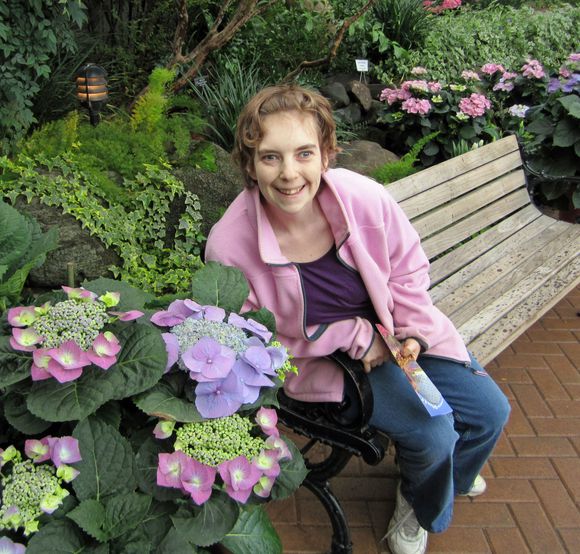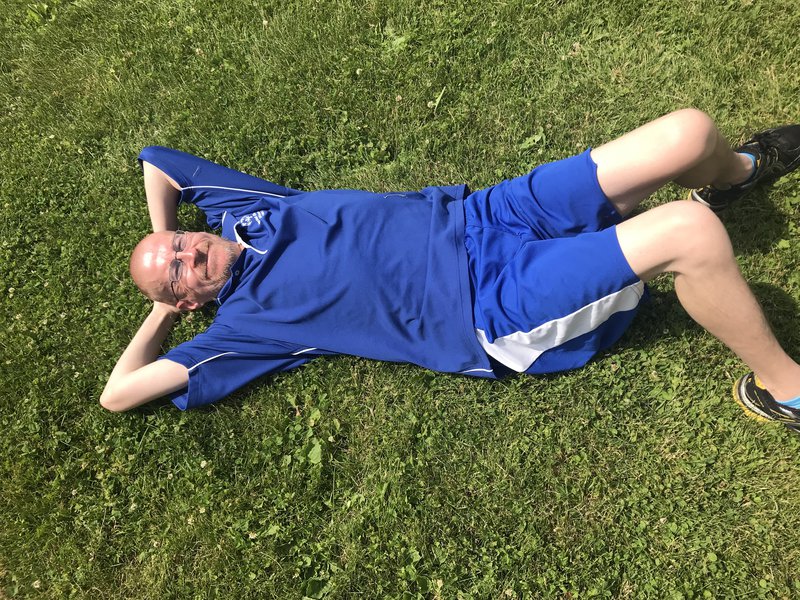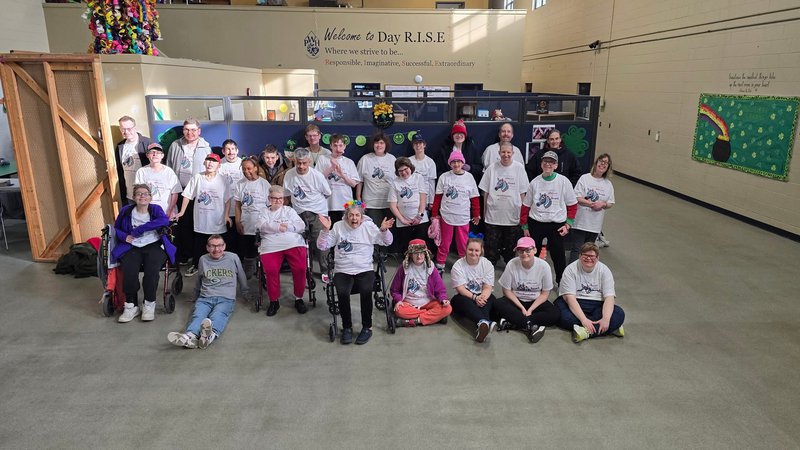What is Prader-Willi Syndrome
Below you will find a complete explanation of PWS, its causes, and options for treatment.

Supporting Life with Prader-Willi Syndrome (PWS)
Prader-Willi Syndrome (PWS) is a rare and complex genetic disorder affecting approximately 1 in 15,000 to 1 in 30,000 individuals worldwide. It is caused by the absence of active paternal genes on chromosome 15, which leads to a range of lifelong challenges including low muscle tone, intellectual disabilities, behavioral challenges, and an insatiable appetite known as hyperphagia. Without specialized care, these challenges can lead to serious and life-threatening complications such as obesity, respiratory failure, gastrointestinal illness, and metabolic conditions like type 2 diabetes.


Causes
The specific cause of Prader-Willi syndrome is unclear. However, normally it is the result of genetic material absent from a section of the father’s chromosome 15. There are three different ways this can occur:
- About 70% of the cases are attributed to paternal deletion (part of chromosome 15 from the father is missing).
- Approximately 30% of those with Prader-Willi Syndrome have maternal uniparental disomy (UPD) (both copies of chromosome 15 come from the mother; the father’s genetic material is thus absent).
- The remaining 1-3% of cases are associated with an imprinting defect (genes on the father’s chromosome 15 are present but do not work).
- An individual can acquire symptoms similar to those manifested in PWS by trauma to the hypothalamus through tumor, injury, or damage.
Chromosome 15 controls the hypothalamus, the part of the brain that regulates body temperature and water balance; controls appetite; and influences blood pressure, sexual behavior, aggression, fear and sleep. The hypothalamus also controls the pituitary gland (ultimately affecting growth, sexual development and metabolism). There is also a direct relationship with the pineal gland which regulates body cycles, sleep cycles and the onset of sleep. The current school of thought says that in individuals with Prader-Willi syndrome, the hypothalamus is not working properly and the functions it controls are therefore affected.

Treatment
Prader-Willi Homes offer an array of specialized programs and services:
- Food Secure Environment
- 24-Hour Supervision
- Therapeutic Behavioral Support
- Day Programming
- Partners with Vocational and Community Resources
- Exercise Programs & Dietary Plans
- Health Monitoring & Assistance
- Vocational/Day/Educational Services
- Independent Living/Social Skills Training-ADLs
- On-Staff Advanced Practice Nurse Practitioner and Registered Nurse
- Collaboration with Consulting Psychiatrist
- Collaboration with Consulting Dietician
- Case Management Services
- Individual Service/Treatment Plans
- House & Therapeutic Approach Plans
- Family Contact & Involvement
- Provision of/Arrangement for transportation in the local Oconomowoc, Wisconsin geographic area
- Community/Social Integration Opportunities
- Special Olympic Participation
- Leisure Time Activities
- Respite Care
